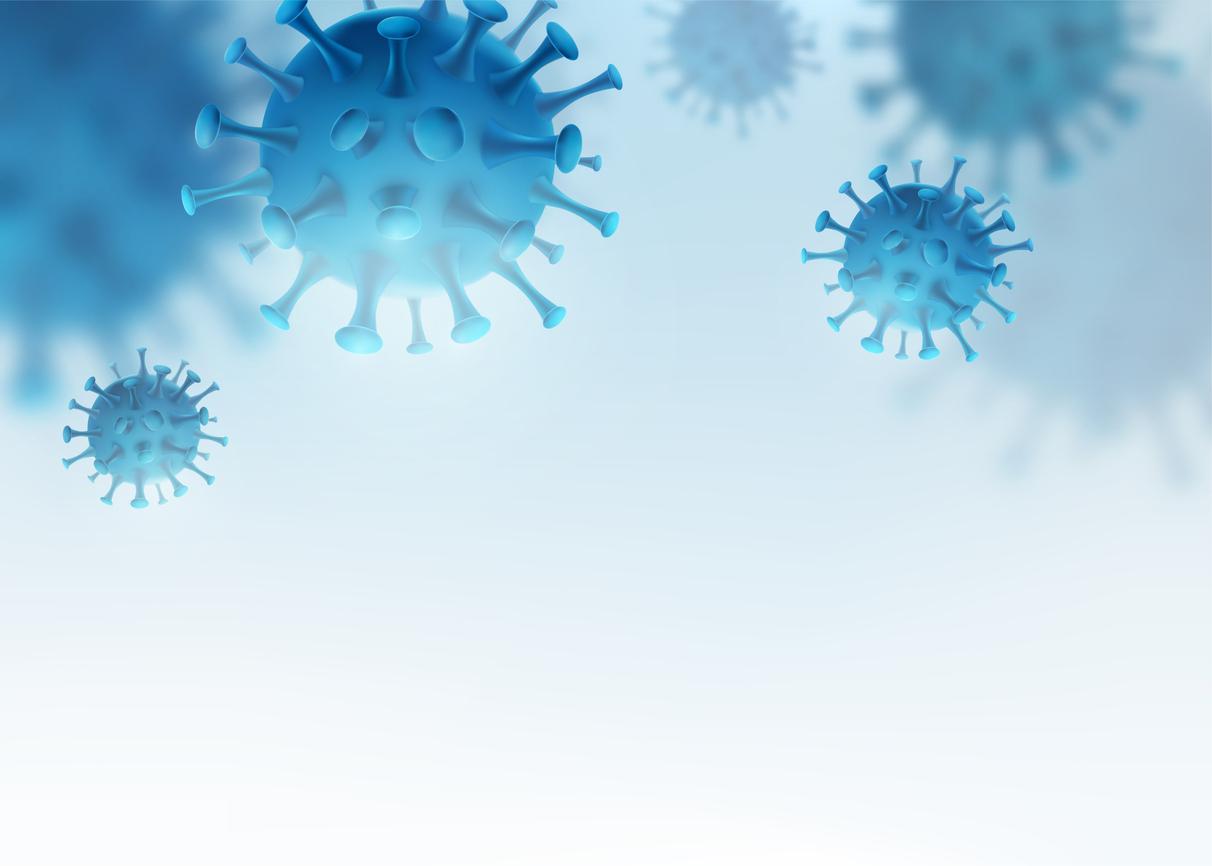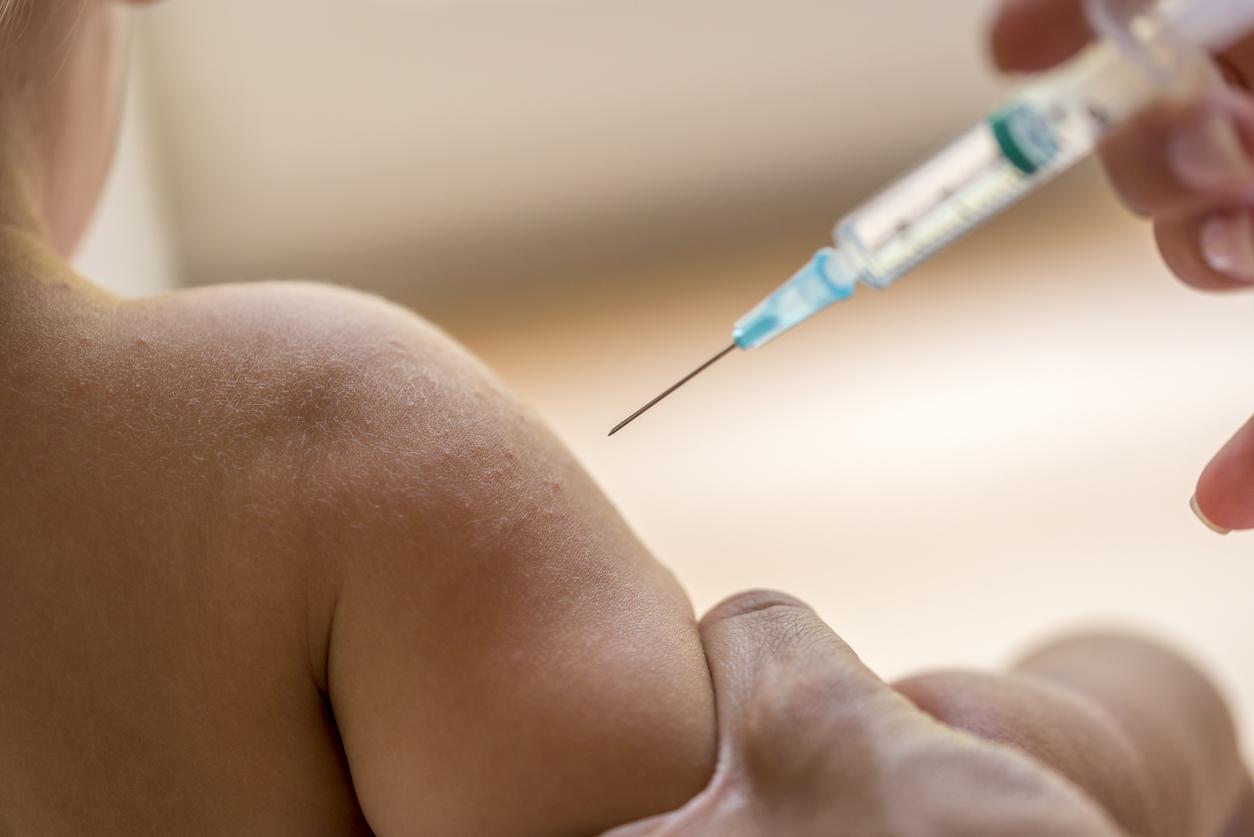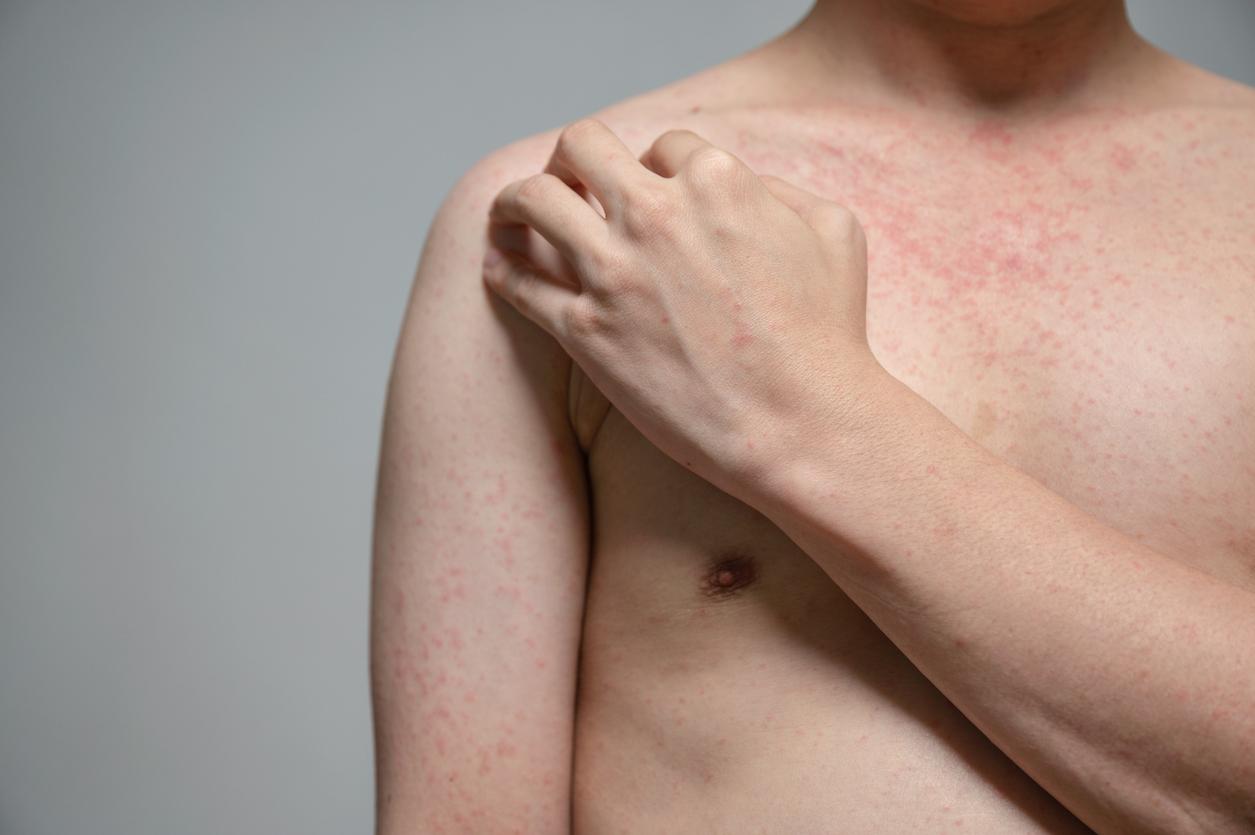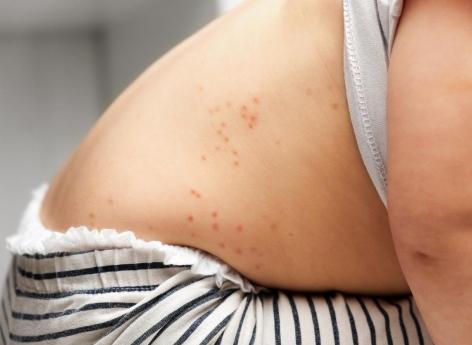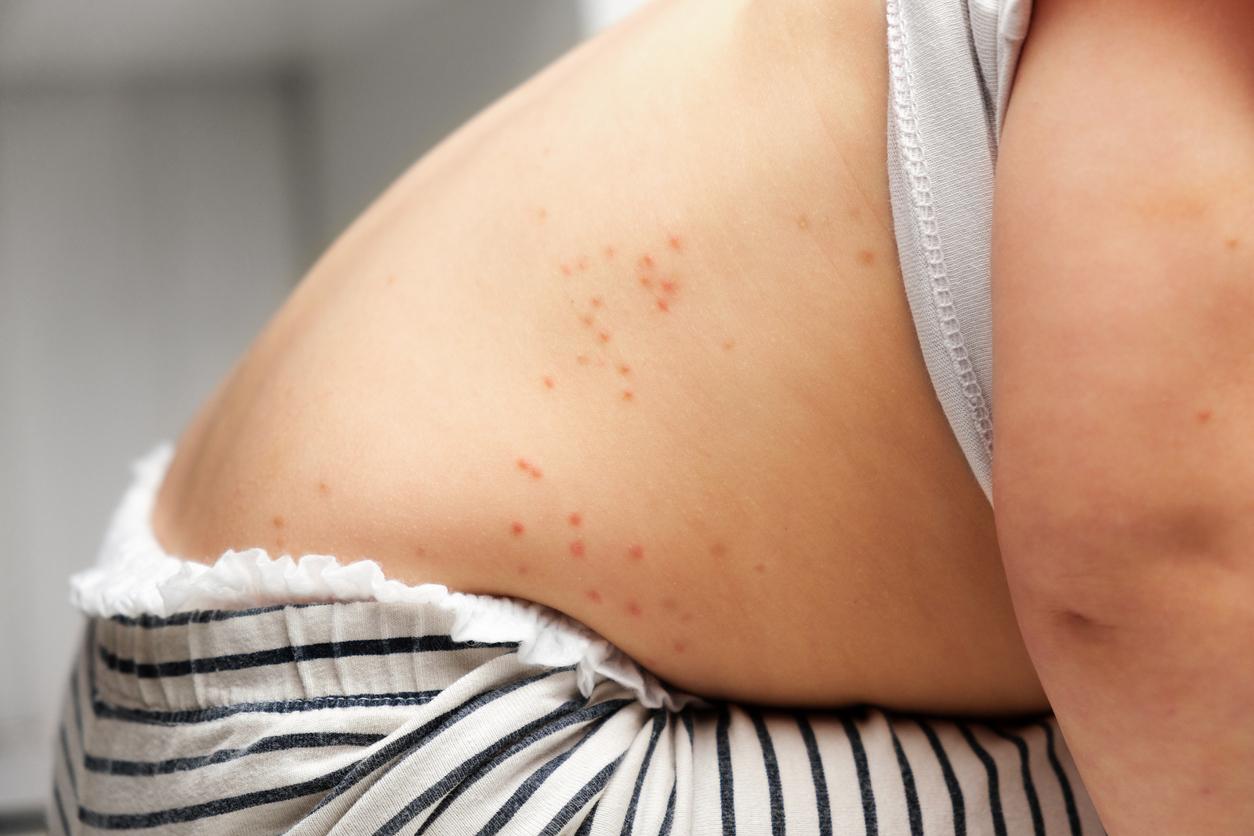The figures are still provisional and incomplete, but bear witness to a worrying situation. The cases of measles jumped 300% worldwide in the first quarter of 2019, compared to the same period last year, warns the World Health Organization (WHO) in a press release published this Monday, April 15. In the first three months of the year, 112,163 cases were reported by 170 countries, compared to 28,124 cases in 163 countries in 2018. According to the United Nations (UN) agency, less than one case out of ten would be recorded.
Preliminary global data on #measles shows that reported cases rose by 300% in the first three months of 2019, compared to the same period in 2018. This follows consecutive increases over the past two years. https://t.co/fY27Rlzlqw#VaccinesWorkpic.twitter.com/oImdYl4L9G
— World Health Organization (WHO) (@WHO) April 15, 2019
Recrudescence of the disease
Africa is the most affected region, with a 700% increase in cases, followed by Europe (+100%), the Eastern Mediterranean (+100%), the Americas (+60%) and the region of Southeast Asia/Western Pacific (+40%). For example, measles outbreaks are occurring in the Democratic Republic of the Congo, Ethiopia, Georgia, Kazakhstan, Kyrgyzstan, Madagascar, Burma, the Philippines, Sudan and Ukraine, “causing many deaths, mainly among young children”.
While vaccination coverage is high there, spikes have also been observed in the United States, Israel, Thailand and Tunisia, “the disease spreading rapidly among groups of unvaccinated people”. However, in France, the number of cases has dropped, according to figures from Public Health France. The national agency reported 633 cases reported since January 1 compared to 1,686 at the start of 2018.
Mistrust and access to the vaccine
The WHO recalls that measles is one of the most contagious diseases in the world, and that there is currently no cure. It is manifested by high fever and the eruption of plaques on the body, and can lead to serious respiratory and neurological complications, especially in fragile people. It can nevertheless be prevented by two doses of a vaccine “safe and effective”notes the institution.
The resurgence of the disease can be explained by a climate of distrust vis-à-vis vaccines in rich countries, as well as by poor access to care in poor countries. World health authorities thus insist on the importance of vaccination, both individual and collective. To protect people who cannot be vaccinated (newborn babies, people with weakened immune systems), 95% of the population must be vaccinated. For the moment, this vaccination coverage has stagnated, for the first dose of the vaccine, at 85% for several years according to the WHO. In 2017, measles caused nearly 110,000 deaths worldwide.
Read also :
- 330 cases of measles in the United States: the strongest epidemic in 20 years
- No, the MMR vaccine does not cause autism










